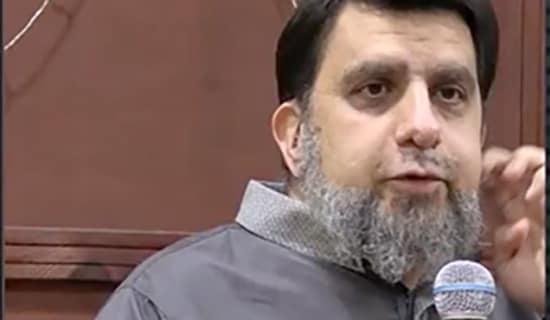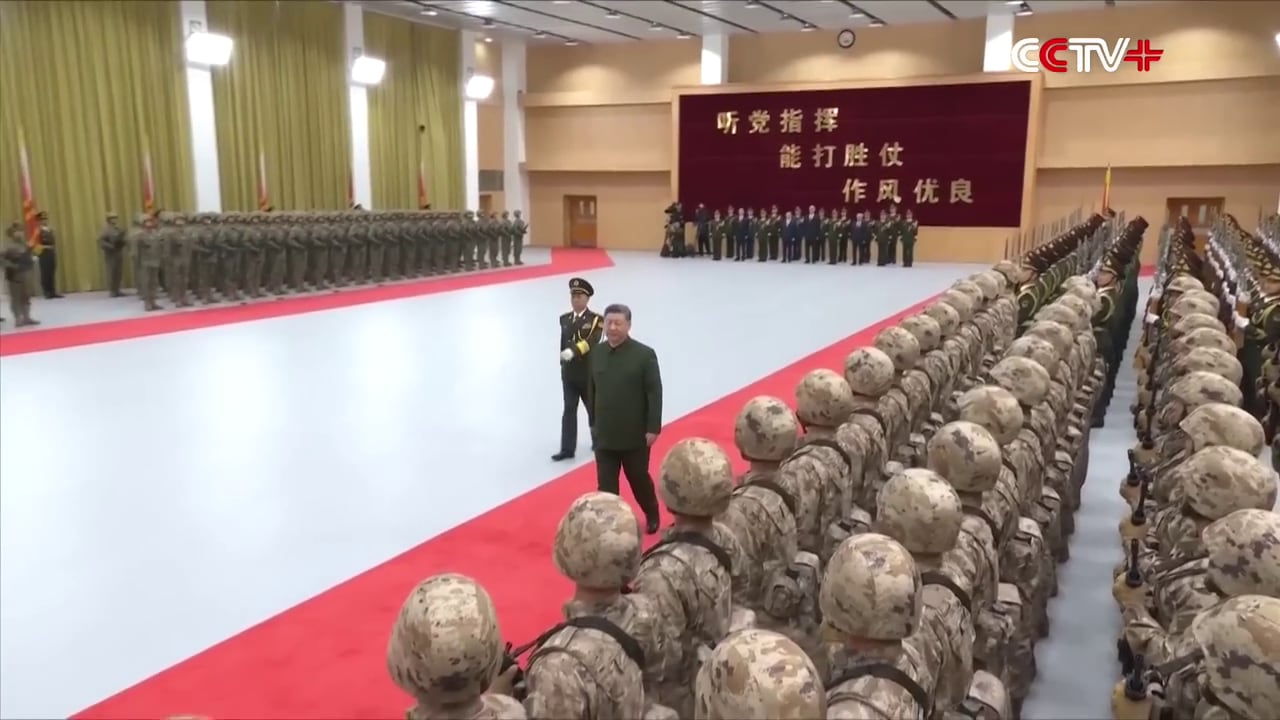
In a TV debate on the proposed reforms to Algeria's constitution, political activist Aouicha Bekhti complained that the proposal that the Amazigh language be made an official language of the Algerian state was a "deception" and did not bring it on a par with Arabic. "Why create this hierarchy between Arabic and the Amazigh language?" she asked. "One is the state language, and the other is... well, a little less." She further said that the formulation in the preamble of the draft constitution that Algeria is "an Arab land" is a "provocation." "If we insist on adding the ethnicity - Algeria's original ethnicity is Amazigh," she said. The debate aired on January 14 on Beur TV, a French TV channel broadcasting to North African communities in France.
Following are excerpts:
Aouicha Bekhti: "The constitution is the fundamental document in a republic. It says in the preamble of this draft constitution that 'the people is the source of authority.' However, there is some problem with this 'source of authority.' If the people really is the source of authority, why are we imposing on it a constitution in which it has no say? There should have been a widespread public debate, which would culminate in a public referendum."
[...]
Interviewer: "People say that the consultation over this draft have been going on since 2011. It has been almost five years."
Aouicha Bekhti: "Consultations with whom? With (former FIS president) Madani Mezrag?! Madani Mezrag is criminal, as he himself admitted on TV, yet he was received by the head of the president's office for consultation.
[...]
"The preamble also talks about incorporating the national reconciliation into the constitution. Who gives them the right?!
[...]
"This national reconciliation was imposed (on the people). It meant that those criminal (terrorists) would not be punished. How come the representatives of those criminals were received by... People who share my modernist cannot go (to be consulted with) at the same time as Madani Mezrag, who, until recently, would go to TV studios, and describe how he had slaughtered an Algerian soldier. The place for this individual is prison. We haven't seen him being punished according to the law. He is received at the president's office, and you expect me... I, personally, do not belong to any political party... But how can you expect modern party members with any self-respect, who have fought against these criminals in the past decades, to accept the invitation for consultation, and feel as if they are treated on a par with those criminals?!"
Mohamed Belcor: "In keeping with the articles of the national reconciliation law, anyone who bore arms and admitted to it was punished by law. Such people were punished and were sent to prison. You are talking about Madani Mezrag. This person was a leader..."
Aouicha Bekhti: "He was a killer, not a leader. He was the leader of criminals..."
Mohamed Belcor: "Do you want to drag us back to 1997-98?"
[...]
Interviewer: "One of the most important issues in this draft constitution is the constitutional status of the Amazigh language. Some people consider this to be part of the give-and-take: In exchange for some unpalatable articles, they threw in this article, to silence the opposition. It is as if they are saying: 'We give you a present in the form of constitutional status for the Amazigh language.' Some people say this. Go ahead, sir."
Mohamed Belcor: "First of all, the entire Algerian people appreciates this achievement, which was a demand made by a certain region in Algeria... The identity and origin of Algeria... The entire Algerian people was Amazigh. We were Arabized by the Islamic conquests, but we all hail from Amazigh origins. This was an achievement intended to protect national sovereignty and unity, in light of the secessionist demands of a certain region in our dear homeland."
[...]
Aouicha Bekhti: "The Algerians are Amazigh, and this was a legitimate demand.
[...]
"But I view this as a deception. Article 3 says that 'Arabic is the national and official language,' and that 'Article 3bis'... Why 'bis' (repeat)? If there is real political will, why write 'bis'? We should put both languages on the same level: 'The Arabic and Amazigh languages are the national and official languages.' Then they write that 'Arabic is the national and official language of the Algerian state.' It is as if they are saying: 'The state is Islamic with the Arabic language, and you can do whatever you want with the rest. They are creating a gap between the state and society. When you write 'bis,' it has a legal meaning. A 'bis' article may be withdrawn and canceled. Why create this hierarchy between Arabic and the Amazigh language? One is the state language, and the other is... well, a little less. In the preamble, they say that Algeria is 'an Arab land,' and also African. Algeria is a Mediterranean African country, but it is not Arab. It's Amazigh. This does not mean that we are denying the Arab component, which came with Islam, and - that's it - it settled here and became part of the Algerian identity. If they hadn't said 'Arab land,' I wouldn't have said anything. They could have just said 'African and Mediterranean.' But when you say 'Arab land,' it is a provocation. It is a provocation. Why not add 'Amazigh' then?"
[...]
"'Arab' is an ethnic term, not a geographical one. We could make do by saying that it is Mediterranean and North African. If we insist on adding the ethnicity - Algeria's original ethnicity is Amazigh. Arab identity came with Islam. It has been here for 15 centuries, and nobody is denying the Arab component in Algerian identity. But we must not fabricate history. In the 21st century, we cannot do that.
[...]
"I am proud of my North African Amazigh origin, including the Arab component of this identity. But by no means do we belong to Pan-Arabism, to those Baathists."












